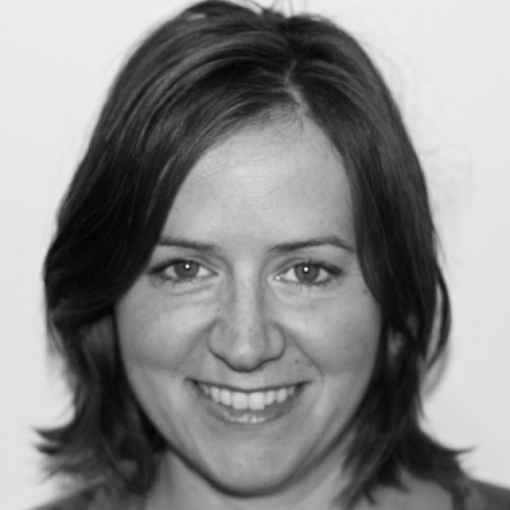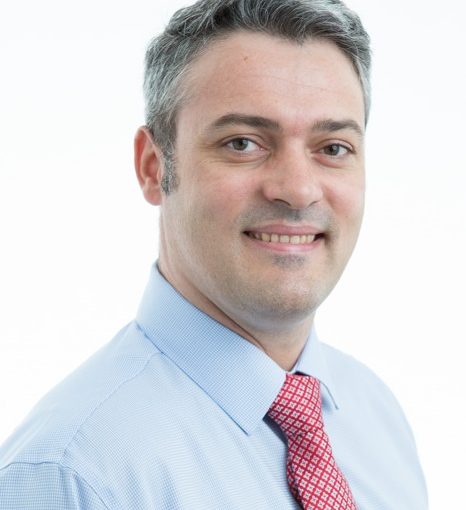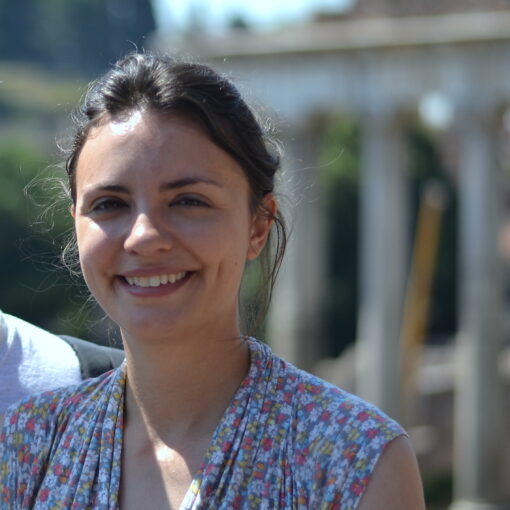PhD Materials Science, The University of Manchester, 2020
| Student Engagement Manager | |
|---|---|
| Henry Royce Institute | |
Year entered into a non-academic position: 2020
Job highlight:
Hosting the Undergraduate Internship Scheme conference and seeing the students research project outcomes. It’s always impressive to see what they’ve achieved in just two months
My research training set me up to…:
Be assertive when it comes to chasing people for answers, and confident when talking to the researchers and academics that I encounter in my day to day work.
Left academia after:
PhD
What’s your background?
My background is in Materials Science and Engineering. I studied for my BSc at The University of Manchester before moving to a PhD in the same department. My PhD was in titanium dioxide thermoelectric ceramics.
Why did you move away from academia?
I’d had enough of the lab, and by the end of my research it had become obvious to me that I didn’t want to pursue a career in it. I still enjoyed being close to the science and the developments, but my heart wasn’t in actually doing it.
Is there anything you miss about academia?
I’m happy in my current role as it still has a lot of what I did enjoy about working in academia: flexibility of working, independence of direction and objectives, proximity to scientific research. If there was one thing that I truly miss is getting deeply involved in a particular problem and searching the literature to find if someone has already solved it, or at least acknowledged it as a problem – it was always exciting to find that one paper that does, or that you’ve come across something completely new.
How did you get this job? Did you face any challenges when considering a move away from academia or applying for the role?
I think I was given my current role based on my experience within the field and the university, but also from my previous job that had some events responsibilities. When applying for my first job after my PhD, the assessors wanted evidence that I’d done things outside of my PhD that were relevant to the role. In that case I had been doing some freelance work for a science marketing website and it really interested the panel.
What motivated you to/why did you choose the sector you transitioned into?
In doing the freelance work I realised I enjoyed writing about science more than doing it, so I’d already decided I wanted to try sci-comms. This led me to applying for a comms officer position; it was actually the first (and only) job I applied for when I was coming up to finishing my PhD! This has obviously set some pretty unrealistic expectations for success since then.
Did you think you had the skills required for your current position before you started? How did your PhD prepare you for your current job?
You have to be confident that you do have the skills for any job that you go for, or if you don’t already have them, that you can pick them up quickly on the job.
When applying for my current position I had already done some online events work and knew the challenges of engaging a particular audience. I could draw parallels between that and what was outlined in the role requirements of the Student Engagement position.
How did your PhD prepare you for your current job? For example, what were the transferable skills that you developed during your PhD that are most relevant to your current job?
My time on the PhD made me realise that if you want something done, you have to put in the work yourself. Equipment training, access, ordering consumables, your own research – at the end of the day you’re the only person taking such an intense interest in this project. It’s definitely prepared me to be self-sufficient in my work.
Did you have any preconceptions about your sector that proved to be wrong?
Because of my experience during university, I already had a good idea of how the sector operated and what I could expect. One thing that I was glad to be wrong about was whether people would take me seriously; due to being a student for so long, I always felt like the junior in a room, but it was nice to have that disproved.
Can you describe a typical week in your job?
Royce is the UK’s advanced materials institute, and covers a wide range of activities, from providing access to equipment to expertise and policy guidance via scientific roadmaps. As Student Engagement Manager, my role is to provide skills and training to under- and postgraduate students, typically in the form of workshops and events. Some example events are our Stand Out Skills lecture series that has expert speakers on a particular topic, or the workshops that detail the commercialisation process in materials science.
The hybrid working guidance at Royce is 2 days in and 3 days at home, but due to the nature of events and travel in my specific role it can often change. This can be putting on in-person activities at the Royce Hub in Manchester or visiting the other partner universities to host an event or attend a conference there.
A typical week could be working from home Monday, Wednesday, Friday, with a coffee catch-up in the office on Tuesday and another day in on Thursday. This routine goes out the window when there’s an event in the Royce Hub on Tuesday and Wednesday, and I might have to go to London on Friday to host a workshop.
What is the workplace culture like? Please include comments on work-life balance, flexibility, remote working?
I’m very happy with hybrid working, especially being able to make up the days from week to week e.g. three one week, two the other. The flexibility of hours is quite generous as well; if I do get off to an early start, I can leave early!
It does help that everyone at Royce is easy to get along with, and we’ve got a very friendly culture overall. There are more people joining all the time so it can be hard to keep up with names, but there’s a real effort to build the community and make sure that everyone is talking to each other.
Do people with a PhD frequently get hired in the company/sector?
It is relatively common, my team, for example, has 5 people and 3 of us have a PhD. But this definitely isn’t reflected across Royce, and it really depends on what role you’re applying to.
What are your favourite parts of your job?
The most rewarding part of my job is hearing the feedback when an event has been particularly helpful to someone, and then seeing them at other events, Royce or not, in the future.
It’s great to see the development of young researchers and feel like you’ve contributed to that in some way
What are your reflections on your career path?
When I was younger, I wanted to be an astronaut and didn’t even know what materials science was. In my 3rd year at university, I assumed you couldn’t do a PhD unless you had a masters. When I first started my PhD, I thought you were automatically going to be a research scientist on completion. I’ve assumed a lot and been wrong a lot, but one of the most helpful things has been getting out there and being shown just how wrong I am, as it’s led to some great opportunities.
Do you have any advice for current graduate students and postdocs considering a career outside of academia?
If you already have an idea of what you want to do, I would go and find a talk or event where someone is speaking about their experiences in that role or sector – especially if you’ve got the option of asking them questions. Another great piece of advice that I have heard from a number of career talks, is to search LinkedIn for somebody that does, or did, the job you want and message them. People are usually happy to talk about themselves and pass on their wisdom, and it can’t hurt to look interested.
What do you know now that you wish you’d known when exploring a transition?
This is hard to say, as it’s never felt like a transition to me! I’ve gone from working in the lab to working next to the lab, and I’m still talking to students and academics all the time.
One thing I would say is don’t be worried about making the transition – I know a lot of people who have made that jump and none of them have regretted it.
Can you recommend any relevant resources, organisations or events that might help somebody new to the sector find out more about it?
The best resource is the Royce website, which should let you know all about the organisation. For news on Royce activities you can sign up to the newsletter or visit the LinkedIn.

Royce is keen to engage with researchers in materials science at all levels, from PhD through to senior academic.





